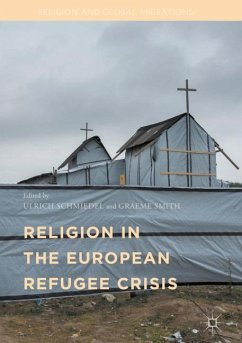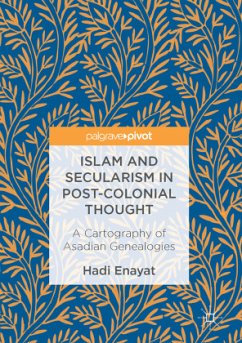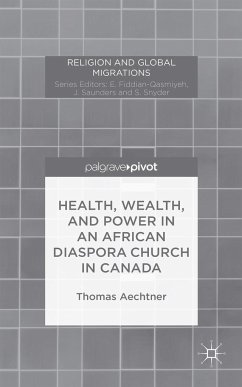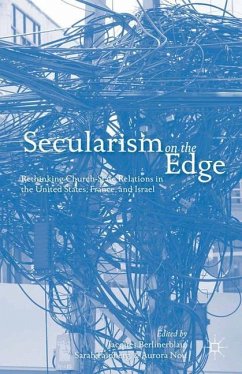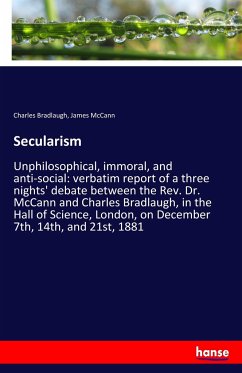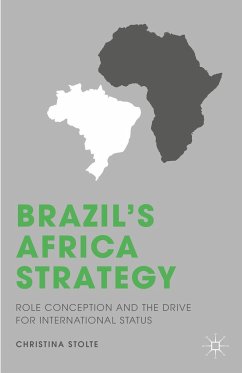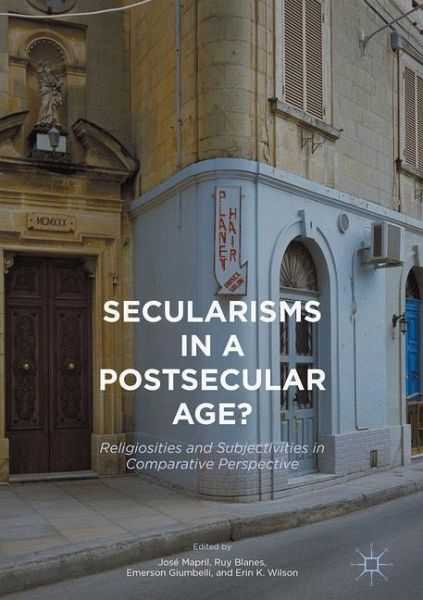
Secularisms in a Postsecular Age?
Religiosities and Subjectivities in Comparative Perspective
Herausgegeben: Mapril, José; Blanes, Ruy; Giumbelli, Emerson; Wilson, Erin K.

PAYBACK Punkte
53 °P sammeln!
This volume ethnographically explores the relation between secularities and religious subjectivities.As a consequence of the demise of secularization theory, we live in an interesting intellectual moment where the so-called 'post-secular' coexists with the secular, which in turn has become pluralized and historicized. This cohabitation of the secular and post-secular is revealed mainly through political dialectical processes that overshadow the subjective and inter-subjective dimensions of secularity, making it difficult to pinpoint concrete sites, agents, and objects of expression.Drawing on ...
This volume ethnographically explores the relation between secularities and religious subjectivities.As a consequence of the demise of secularization theory, we live in an interesting intellectual moment where the so-called 'post-secular' coexists with the secular, which in turn has become pluralized and historicized. This cohabitation of the secular and post-secular is revealed mainly through political dialectical processes that overshadow the subjective and inter-subjective dimensions of secularity, making it difficult to pinpoint concrete sites, agents, and objects of expression.
Drawing on cases from South America, Africa, and Europe, contributors apply key insights from religious studies debates on the genealogies and formations of both religion and secularism. They explore the spaces, persons, and places in which these categories emerge and mutually constitute one another.
Drawing on cases from South America, Africa, and Europe, contributors apply key insights from religious studies debates on the genealogies and formations of both religion and secularism. They explore the spaces, persons, and places in which these categories emerge and mutually constitute one another.






